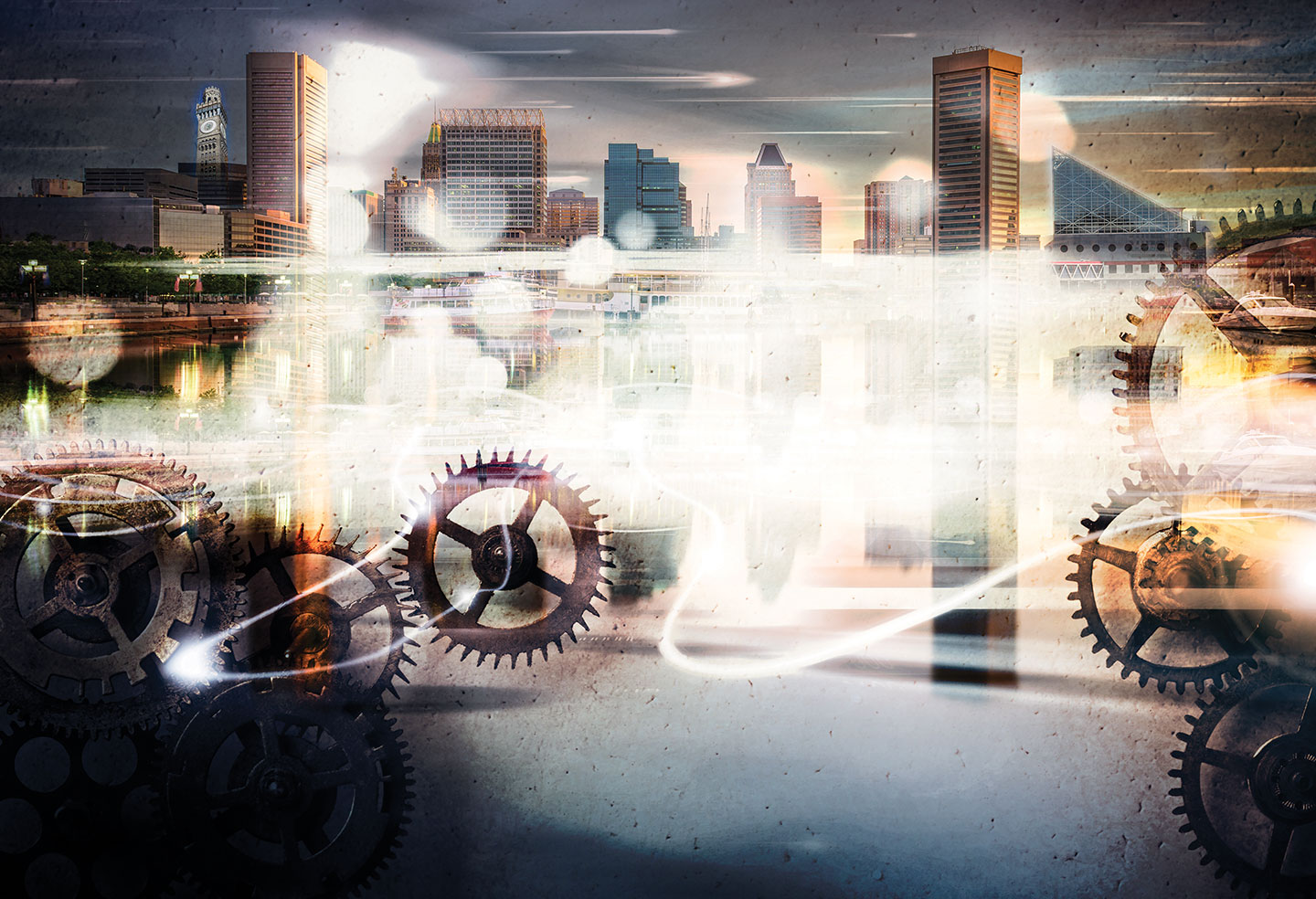IP Tech Knowledgy

Using AI to Create Sound-Alikes and Other NIL Can Be Perilous
The advent of artificial intelligence (AI) continues to give rise to new and intricate legal questions. A recent example is the suggestion that OpenAI has purposely developed a digital voice assistant that sounds like Scarlett Johansson. This sound-alike could be seen as infringing on her right of publicity.
The right of publicity is a branch of intellectual property that has made its way to prominence most recently in the context of “name, image and likeness” (NIL) in college sports. A new issue to consider is whether a digitally generated voice that might resemble that of a celebrity could give the celebrity the ability to demand – and obtain -- payments from the AI developer.
Ms. Johansson had declined an offer made by OpenAI to use her voice on its ChatGPT application not long ago. Fast-forward to now, she is accusing OpenAI of creating a digital voice assistant she believes sounds like hers.
This raises the question of whether a digitally generated voice that coincidentally (or not) sounds like that of a famous actress creates a perception that the voice is hers, or that she is somehow sponsoring the use of the voice.
Based on what has been published about the legal dispute between Ms. Johansson and OpenAI, her lawyers have been asking for information about how the voice – “Sky” – was generated. The response from OpenAI is that it used the voice of a different person to create the voice. This dispute, if it does not settle, could test the limits of one’s right of publicity, which is based on case law and not yet extensively applied to the digital and artificial intelligence field.
In any event, OpenAI has backed down its use of Sky in the wake of this lawsuit. That does not mean the company did anything wrong, it is just a common damage control measure. This matter may test the extent of rights of publicity of famous people, and also lay a foundation upon which AI platforms may operate in the future when it comes to creating voices and images that seem similar to those of celebrities.
In the meantime, be careful what you generate, and how closely it may resemble the name, image or likeness of someone famous. Best not to be sued.
S. Scott Lloyd
410-576-4249 • slloyd@gfrlaw.com